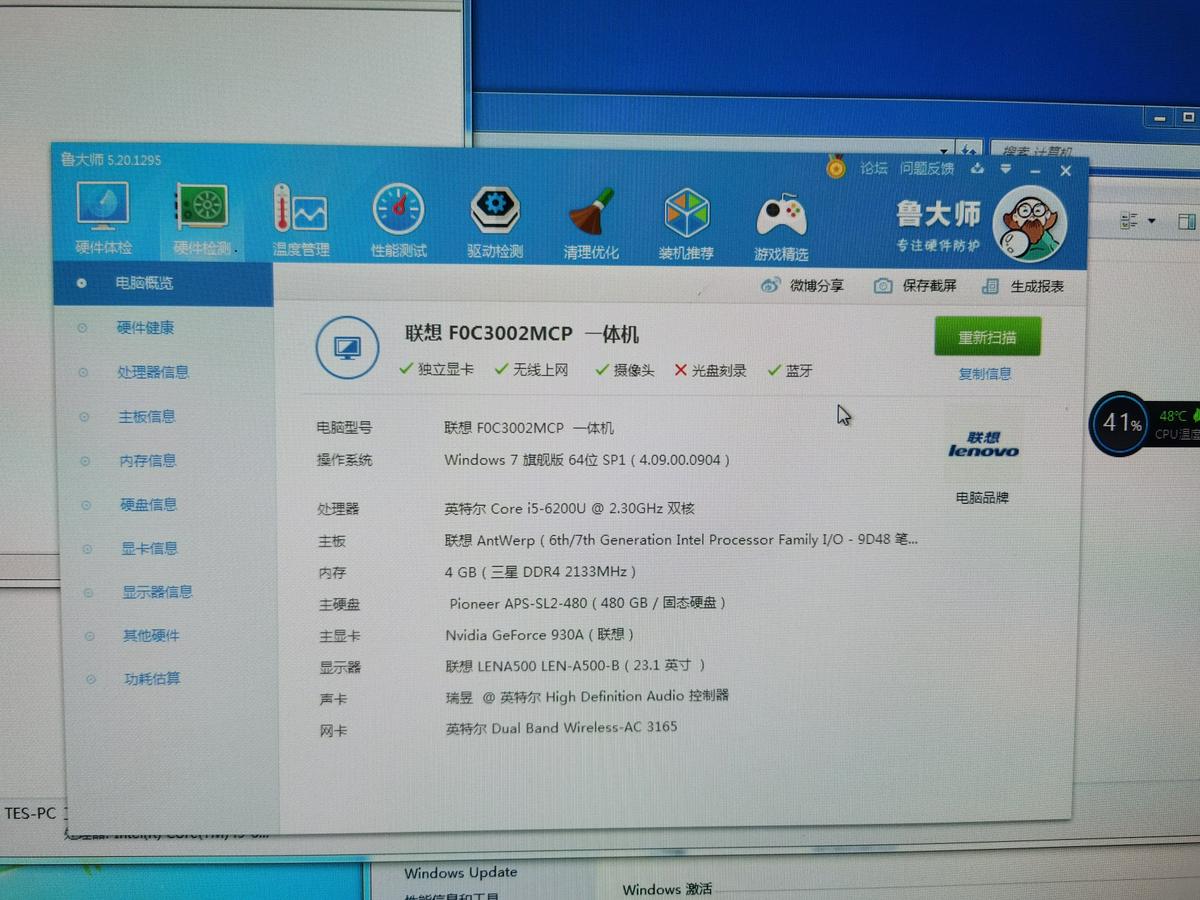Pet Penguins: A Comprehensive Guide to Owning and Caring for Your Feathered Friends
Guide or Summary:Introduction to Pet PenguinsChoosing the Right Penguin as a PetCreating a Suitable Environment for Your Pet PenguinNutrition and Dietary Ne……
Guide or Summary:
- Introduction to Pet Penguins
- Choosing the Right Penguin as a Pet
- Creating a Suitable Environment for Your Pet Penguin
- Nutrition and Dietary Needs
- Health and Care
Introduction to Pet Penguins
Owning a pet penguin is a unique and rewarding experience that combines the joy of animal companionship with the delight of learning about these fascinating creatures. Penguins, with their distinctive black and white plumage, waddling gait, and playful nature, have captured the hearts of many. This comprehensive guide will provide you with everything you need to know about owning and caring for your feathered friends.
Choosing the Right Penguin as a Pet
Before you dive into the world of pet penguins, it's crucial to choose the right species for your lifestyle and living conditions. Not all penguins make excellent pets. The Emperor Penguin, for example, is best left in their natural habitat, while the Little Penguin (or Fairy Penguin) is a more suitable choice for those looking to adopt a pet penguin.
When selecting a penguin, consider factors such as their size, lifespan, dietary requirements, and social needs. Penguins are highly social creatures that thrive in pairs or small groups, so ensuring they have a companion is essential for their well-being.

Creating a Suitable Environment for Your Pet Penguin
Providing a suitable living environment is crucial for the health and happiness of your pet penguin. A spacious enclosure that mimics their natural habitat is essential. This should include a swimming pool, a dry area with plenty of space for them to waddle around, and perches for resting.
The temperature and humidity levels in the enclosure should be carefully maintained to replicate the penguin's natural environment. Most penguins come from cooler climates, so it's important to keep the enclosure on the cooler side.
Nutrition and Dietary Needs
Feeding your pet penguin a balanced diet is essential for their health and well-being. The diet should consist mainly of fish, as penguins are carnivorous birds. Fresh fish such as herring, mackerel, and sardines are excellent choices. It's important to avoid feeding them fish that contain high levels of mercury or PCBs, as these can be harmful to their health.

In addition to fish, providing your penguin with a variety of toys, puzzles, and enrichment activities is essential for their mental and physical well-being. Engaging toys can help keep them mentally stimulated and prevent boredom.
Health and Care
Regular veterinary check-ups are crucial for the health and well-being of your pet penguin. Penguins are susceptible to a variety of health issues, including bacterial infections, parasites, and metabolic disorders. Early detection and treatment of these conditions are essential for their recovery.
Regular grooming is also important for maintaining your penguin's health and appearance. Brushing their feathers, trimming their beaks and nails, and keeping their enclosure clean are all essential grooming tasks.

Owning a pet penguin is a rewarding experience that requires careful consideration and planning. By selecting the right penguin species, providing a suitable living environment, and providing a balanced diet and regular veterinary care, you can ensure that your feathered friend leads a happy and healthy life. With proper care and attention, your pet penguin can become a cherished member of your family, bringing joy and companionship for years to come.